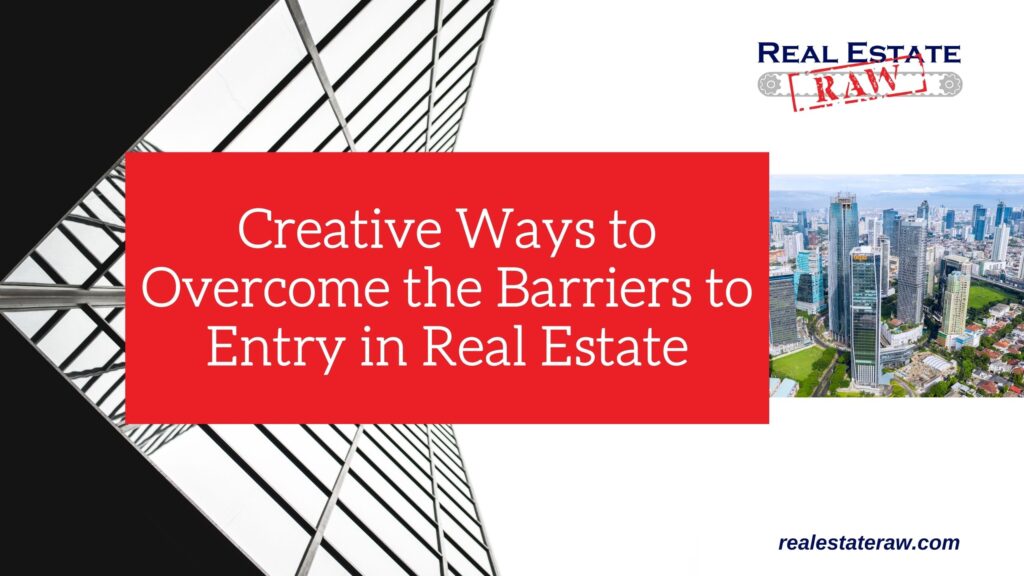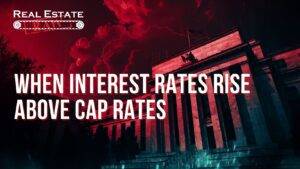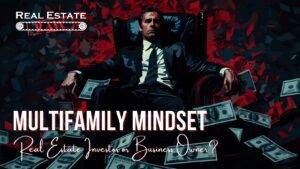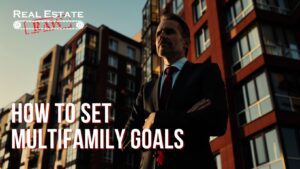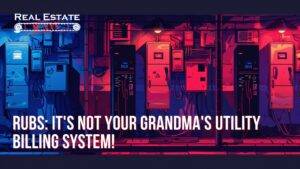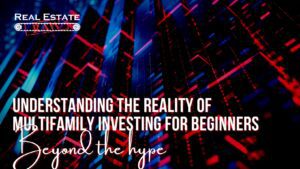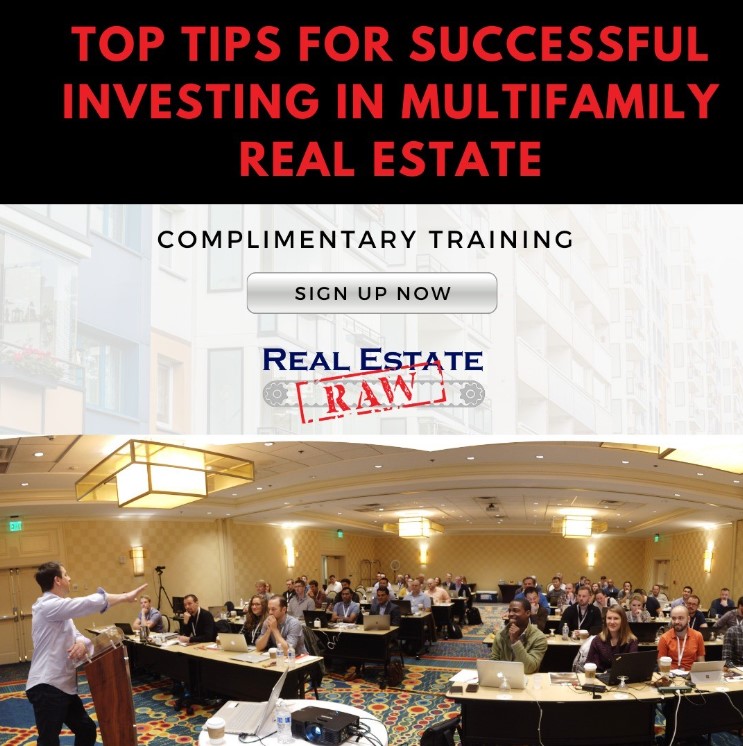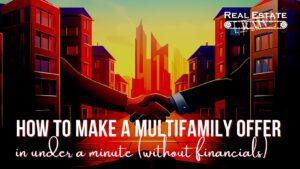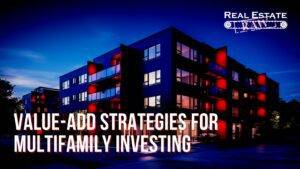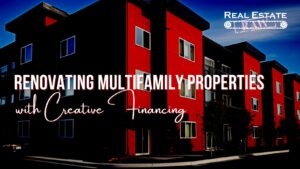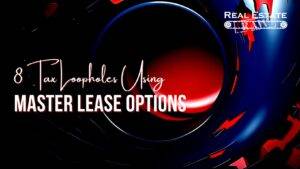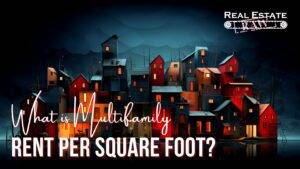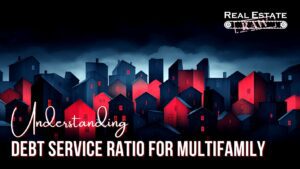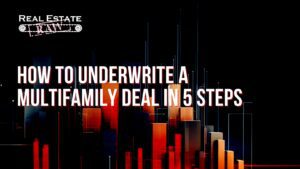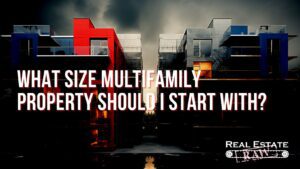The following is adapted from Creative Cash by Bill Ham (author), Gino Barbaro (contributor), Jake Stenziano (contributor).
Along with my partners, we have over 25 years experience operating vertically integrated real estate businesses, and have over $100 million in assets under management.
If there’s one thing I’ve learned so far, it’s that everyone faces barriers to entry in the real estate business. Some of these barriers are big and seem insurmountable, while others are smaller and merely annoying. Regardless, barriers can leave you feeling intimidated or hopeless.
But entry is not impossible, no matter your background or experience level. You might think you don’t have enough money, or that you’ll never get approved for a loan.
I have good news for you: whatever stands in your way, you can conquer it. The first step is awareness—knowing what to expect so you can plan to overcome it.
We’ll look at both sides in this article: common barriers and how to overcome them.
Barrier #1: Lending
The appetite for lending comes and goes. Terms rise and fall with the strength of the market. When it comes to debt, there’s plenty of money to buy deals when there are no good deals, and money is hard to find when there are lots of deals to be had.
In a good economy, everyone is buying. Therefore, the prices are high, and deals are difficult to find. Lenders are willing to lend, but returns on deals are low.
In a bad economy, prices are low, making it a great time to buy. The problem is, lenders and investors aren’t as willing to back real estate during that part of the market cycle.
Barrier #2: Qualifying for a Loan
To qualify for a loan, the borrower usually needs to have at least the same amount of net worth as the loan amount. In many cases, net worth needs to be 1.3 times the loan amount.
So if I want to qualify for a $1,000,000 loan to buy an apartment complex, then I need to show the bank at least $1,000,000 in net worth—possibly $1.3 million. The net worth for the loan can also be a collection of your net worth plus your partner’s net worth, but in this case, you’d need millionaire partners to sign on the dotted line.
Barrier #3: Experience
Lenders and financial partners usually want to see that you already have some experience in the business you’re trying to get into. If you’re trying to buy single-family homes, you can probably do a few deals before lenders want to see your experience, but the income qualifications for the loan will be based off your personal income. Unless you’re already rich, you’ll be able to do only a few houses, and eventually you won’t qualify for more lending based on your income.
If you are trying to get into larger multifamily properties (20+ units), then your experience will begin to come into question. If you haven’t already done several of these deals, then the lender will want you to have a real estate résumé before they do business with you.
This is similar to building credit when you are young. It takes credit to get credit, and without credit, it’s almost impossible to find someone to give you any. It seems like an unfair catch-22. How do you get experience when no one will give you a chance?
Barrier #4: Finding Good Deals
Finding good deals that have cash flow and can be purchased at a good price is a challenge in any market. Let’s be honest here: if deals were easy to find and fund, you probably wouldn’t be reading this book.
Most deals require a lot of repairs to be viable, or they are distressed in some other manner (such as low occupancy). In my experience, about 1 in 80 deals is good right off the shelf. Most are not. Most don’t have cash flow, need a lot of work, or are simply overpriced.
Note: At this point, I suggest you call a mortgage broker or lender to verify the loan criteria I have suggested above. The lending environment changes all the time, and it’s a good idea to stay in regular contact with your lenders and mortgage brokers. This will help you stay current on what it takes to complete loans in your area. Give them a call if you disagree with me or need an update on the lending environment.
There is a Solution! It’s Called Creative Financing.
Seller and creative financing can be the solution to all these problems. By mastering the art of creative financing, you’ll eliminate the need for traditional financing when getting started.
In most cases, you’ll be able to take control of a deal and then refinance with a traditional lender or bank as an exit strategy if you choose. In some cases, you’ll be able to secure private lending or seller financing that may allow you to hold and operate your property without ever getting a bank involved.
Getting deals done creatively keeps you from having to qualify for a bank loan. If a seller gives you financing, then you are qualified by the fact they accepted your offer. If the seller doesn’t think you’re qualified, you will know as soon as they decline the offer. You can move on instantly, with no waiting or fees involved. You don’t need a senior loan officer’s approval.
Your experience in the real estate business will not be nearly as important when you do creative financing. Why? Because you will be solving real estate problems, and that’s what sellers focus on. What’s important is whether you can help them, not what your net worth is or how many units you already own. If you can help, you’ll get paid!
You Know the Way Forward
About one in eighty deals or properties is a good purchase just the way they are. With no work needed, it cash flows and will qualify for a bank loan. If you’ve been looking at properties, I’m probably just confirming something you already know: it’s hard to find good deals!
How does creative financing address this problem? It adds tools to your real estate toolbox so you can identify, analyze, and make offers on many more properties. You’ll increase your closing ratios by including deals that other people don’t see as valuable. Distressed assets can be real estate “diamonds in the rough.”
Above all, creative financing will help you get started in the real estate business and begin your path to personal freedom and wealth—no matter what barriers are in your way.
For more advice on overcoming the barriers to entry in real estate, you can find Creative Cash on Amazon.
What started out as a conversation at a live event one hot, sunny day in downtown Atlanta has blossomed into an amazing collaboration between Bill Ham, Jake Stenziano, and Gino Barbaro (Jake & Gino). Bill was instrumental in helping Jake & Gino launch their mentoring program and is one of the lead trainers in the company. With over twenty-five years of experience in operating vertically integrated real estate businesses, and over $100 million in assets under management, Bill, together with Jake & Gino, strive to teach others the strategies that have allowed them to become financially free.

